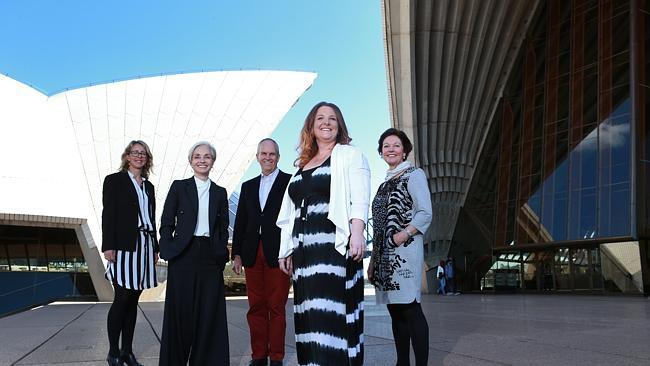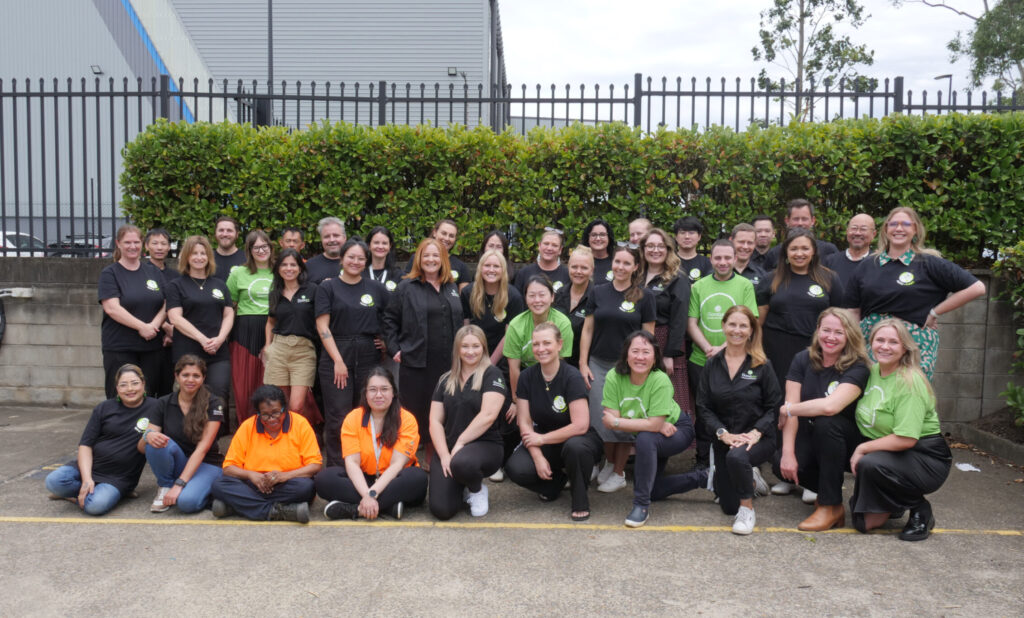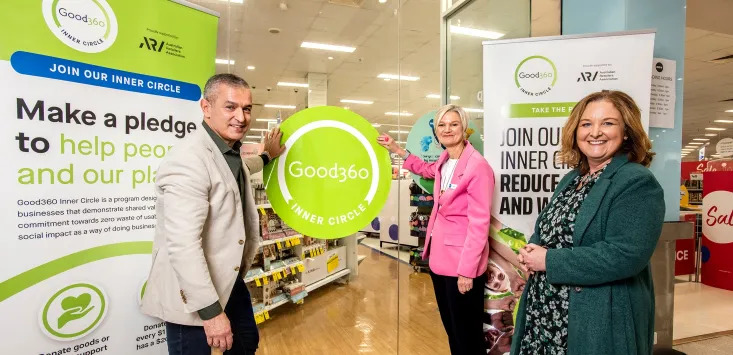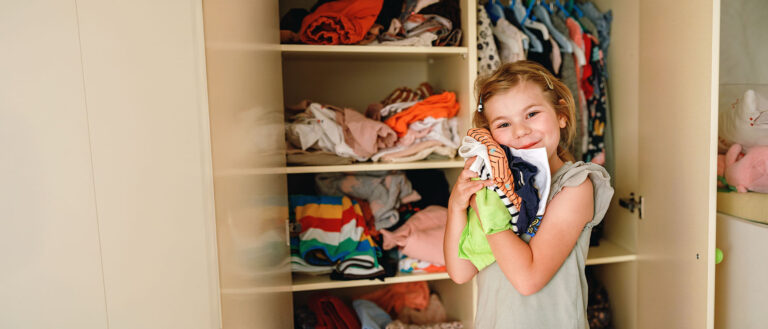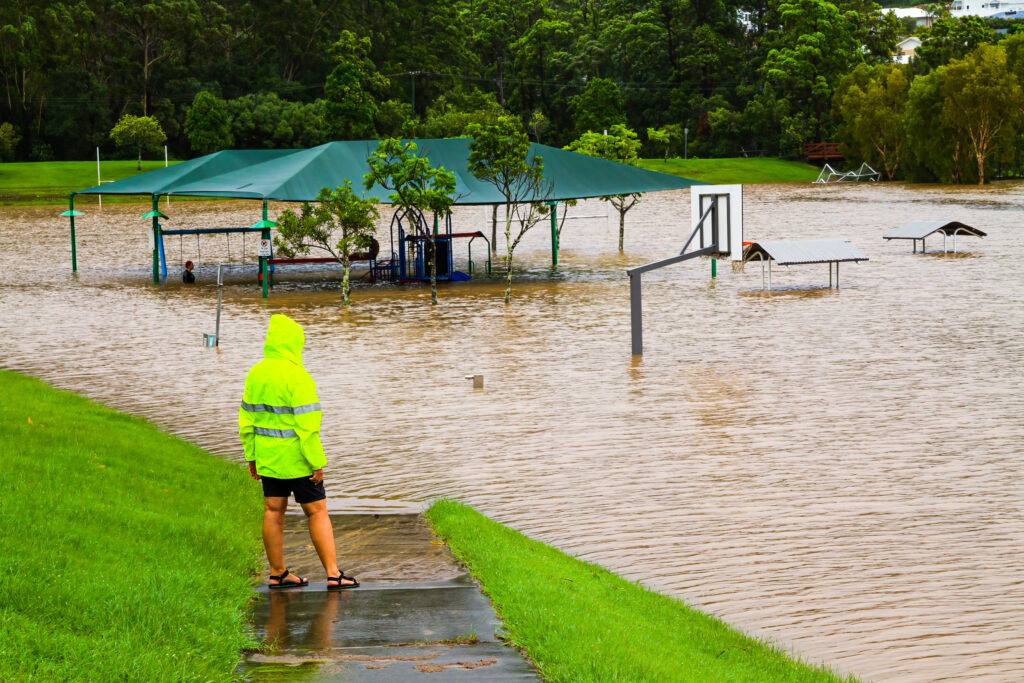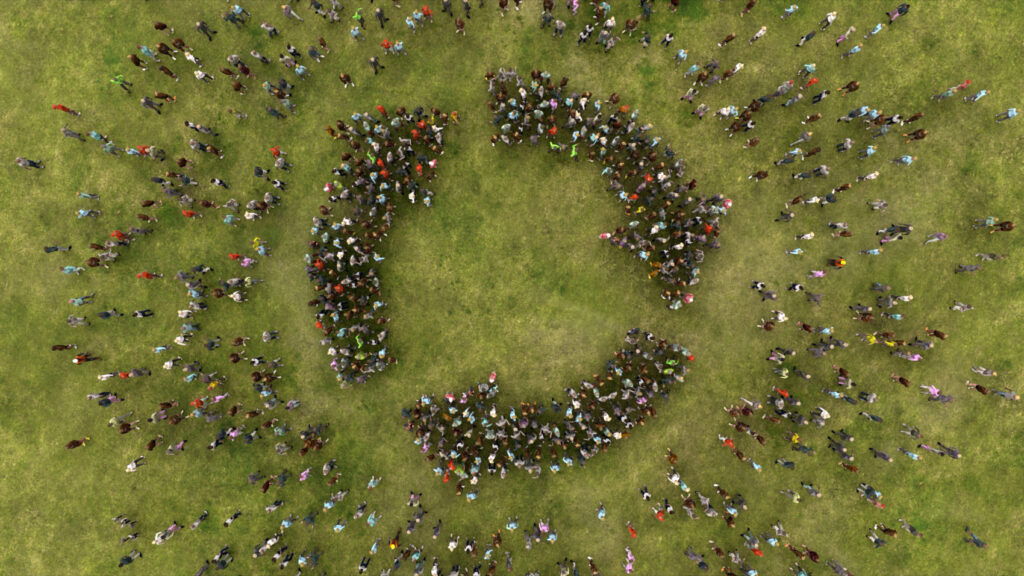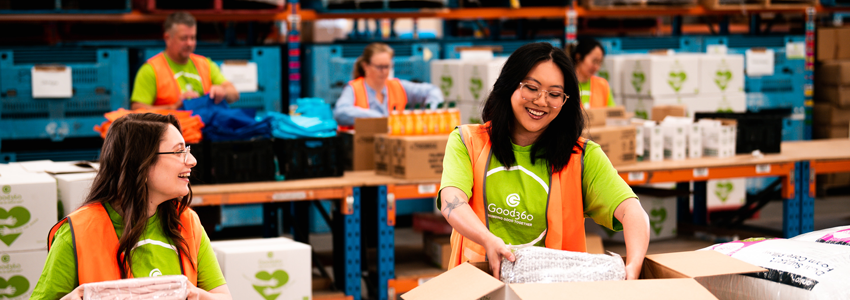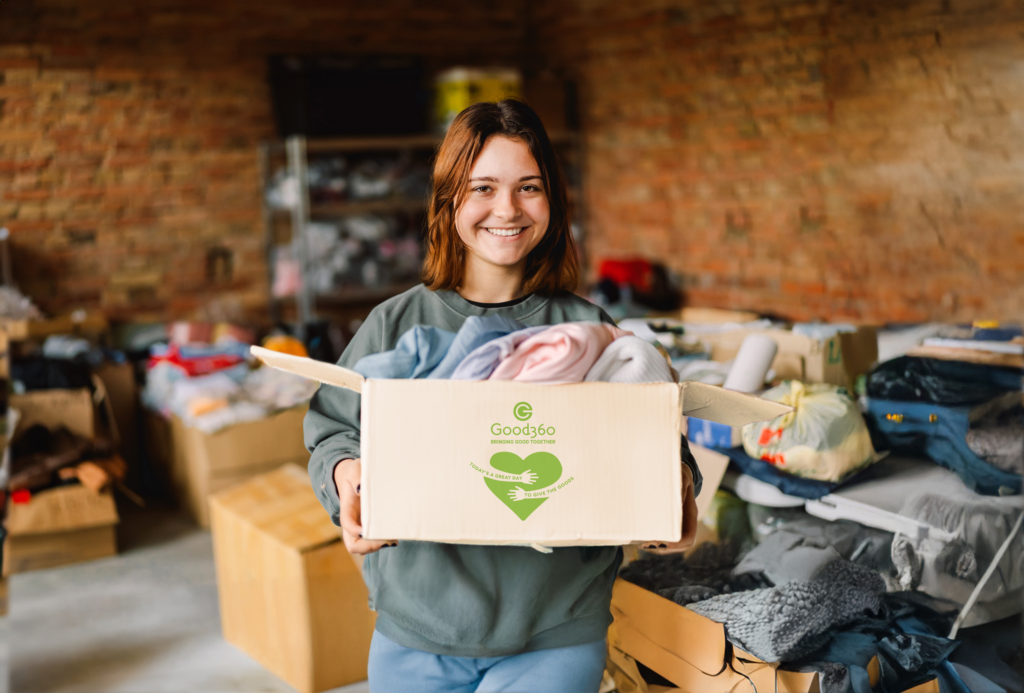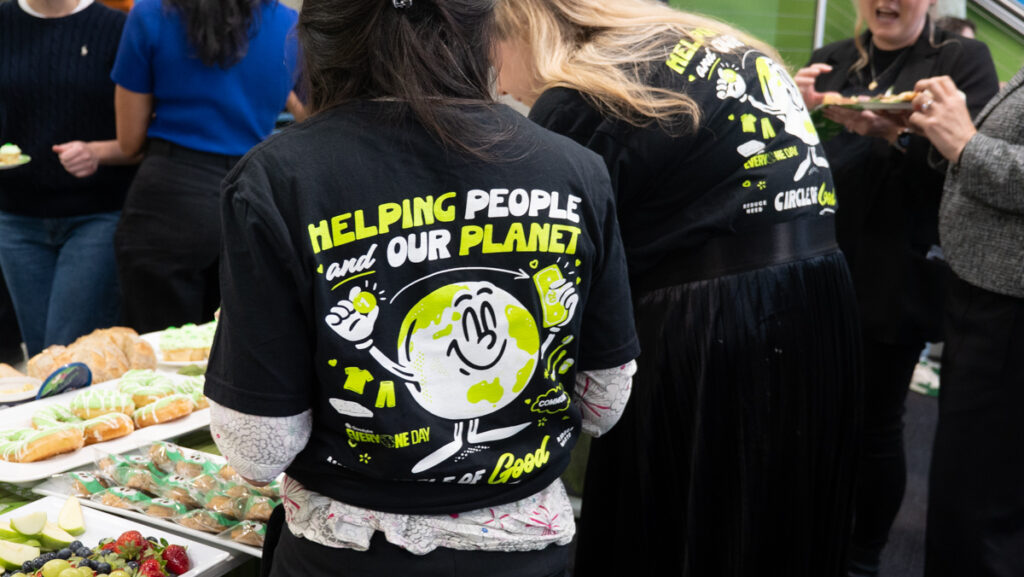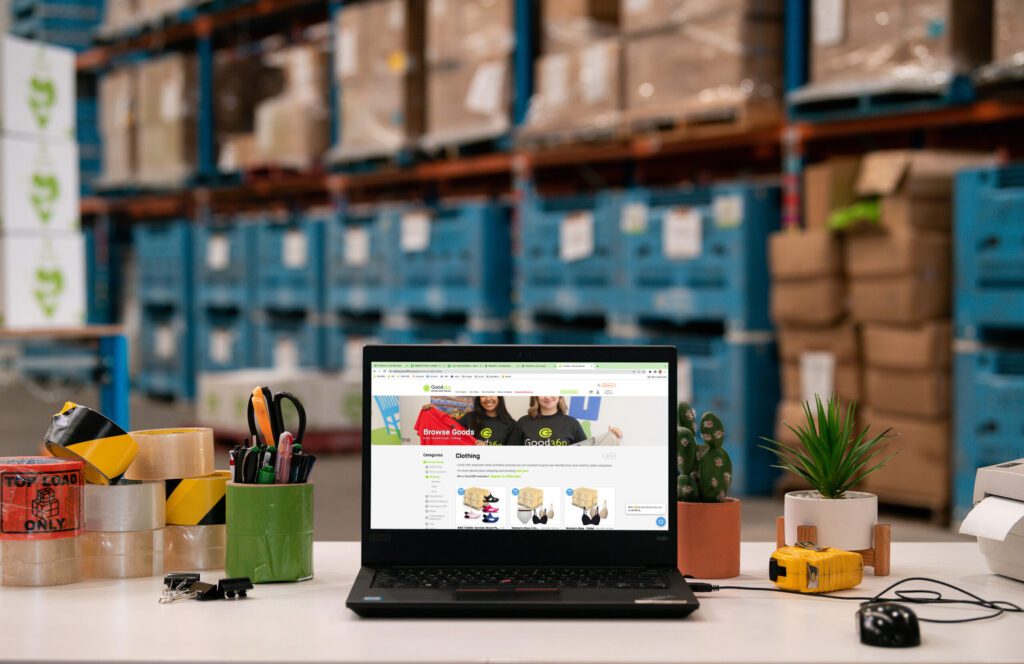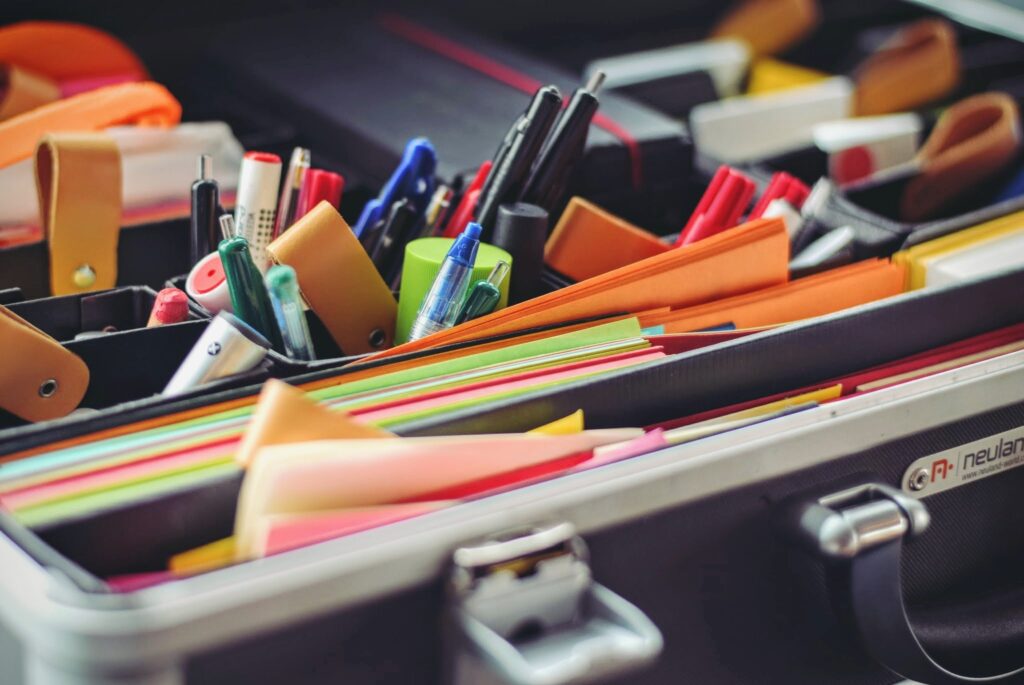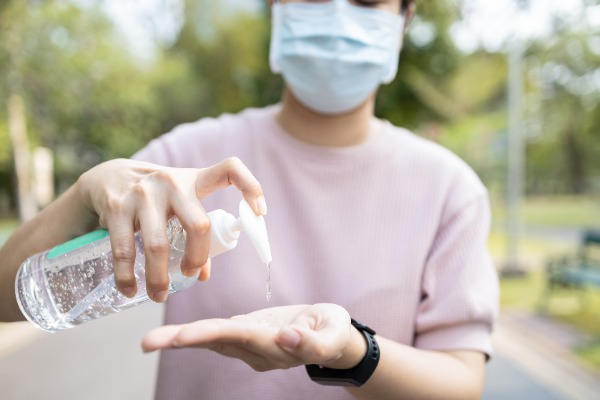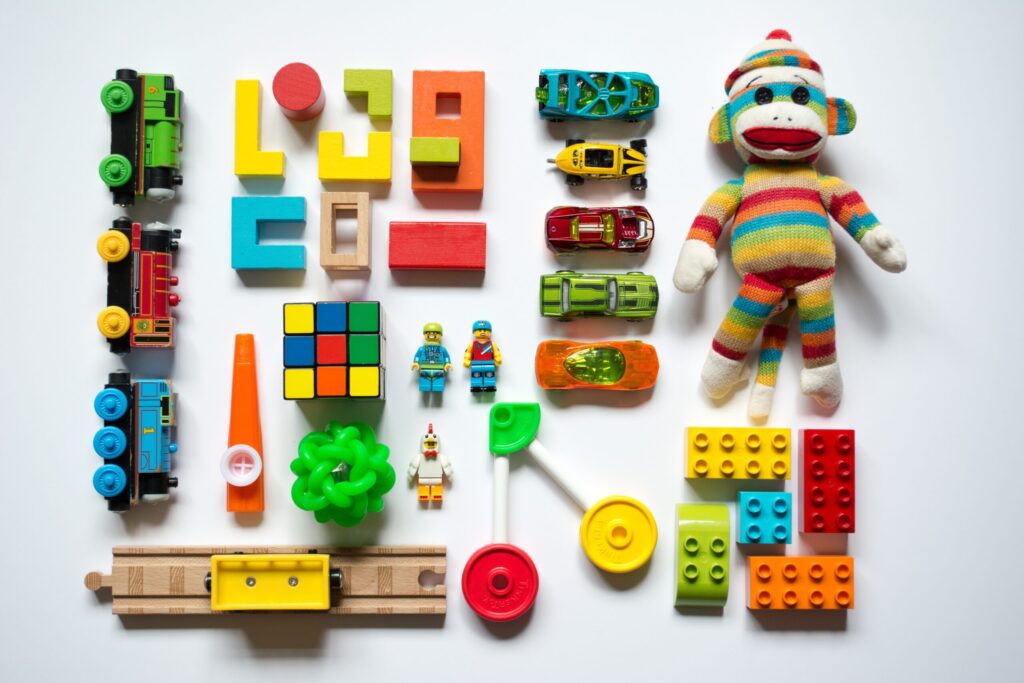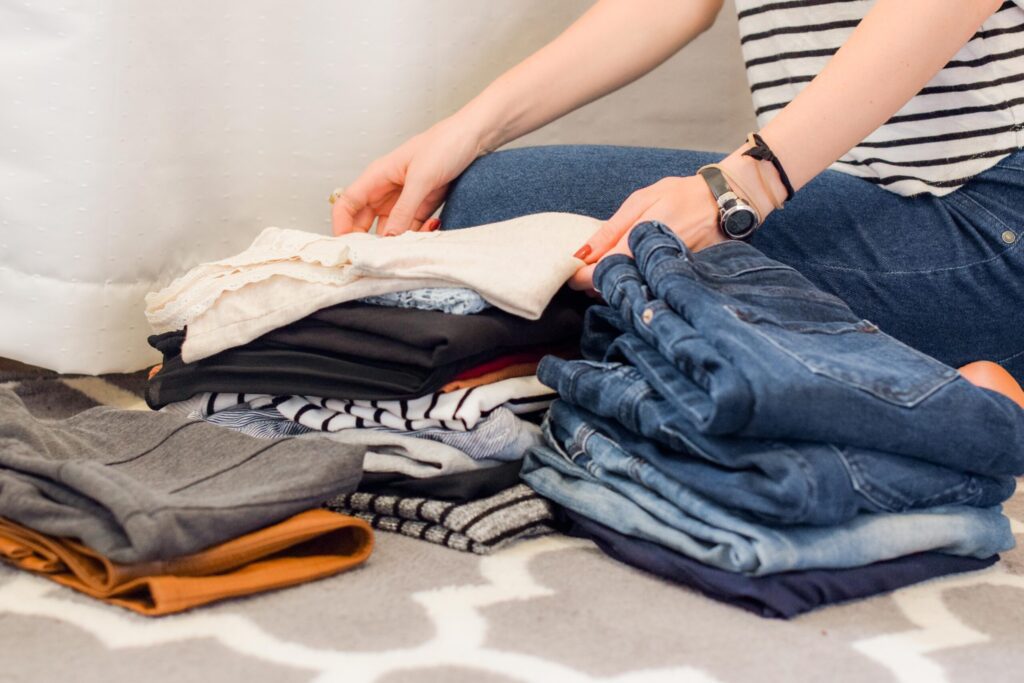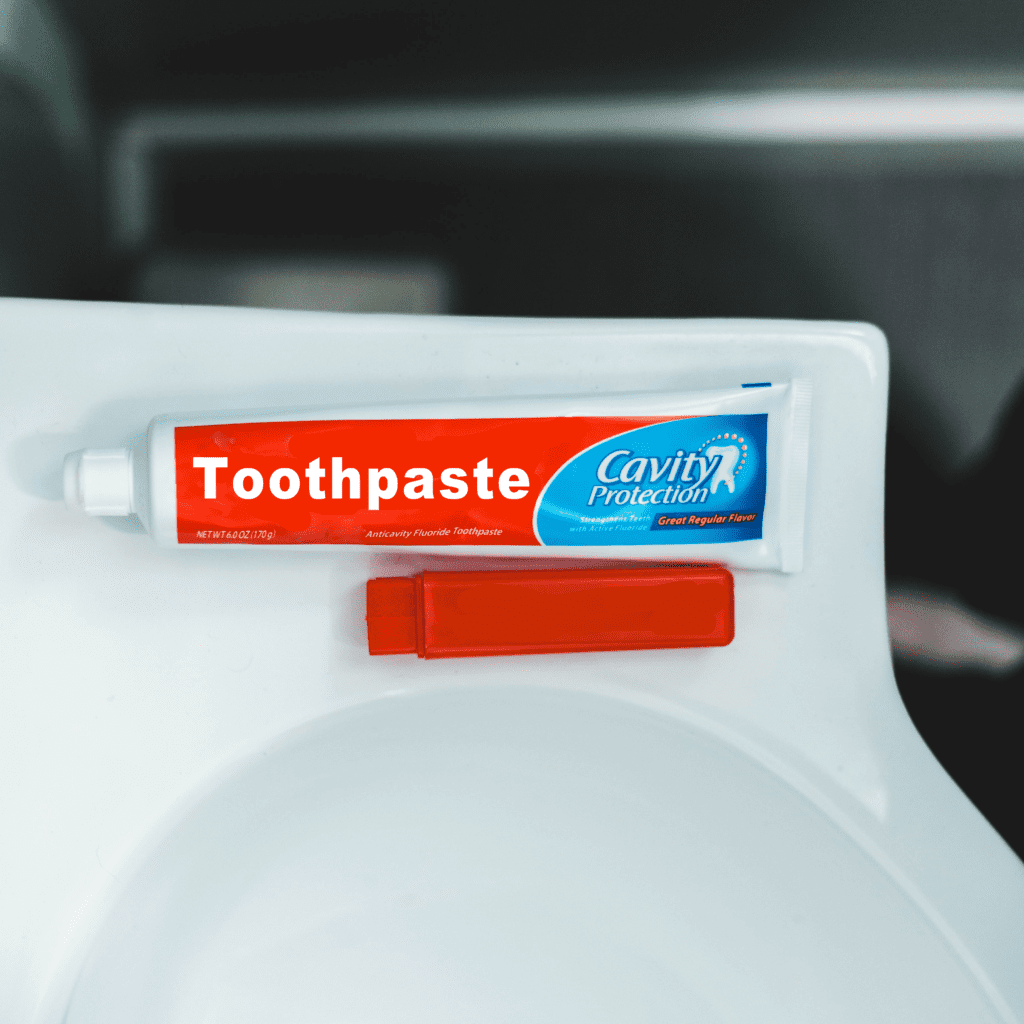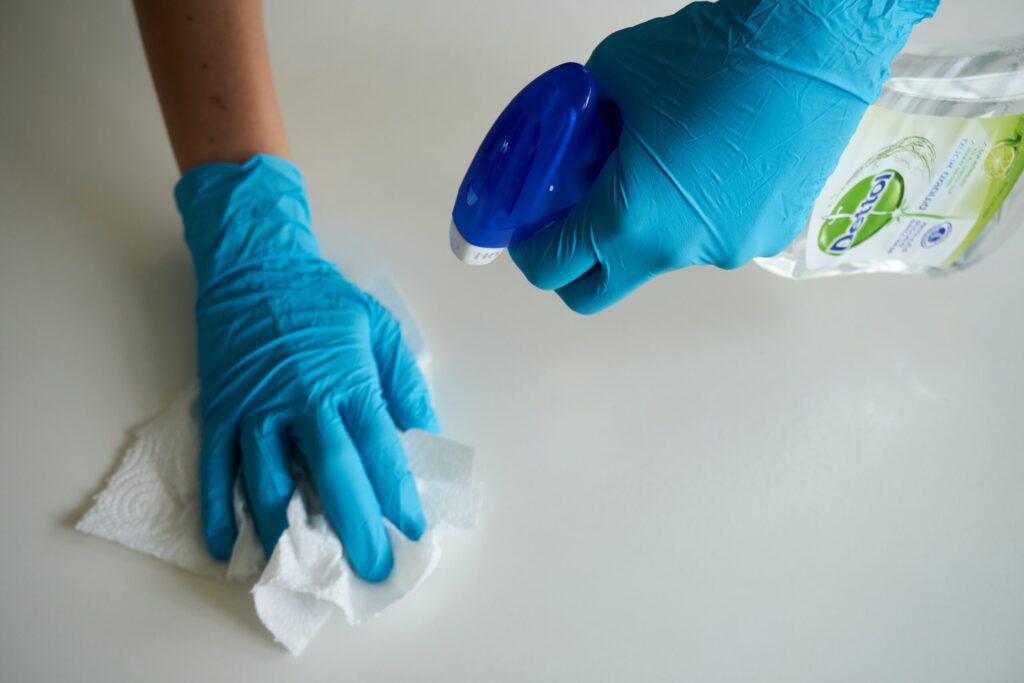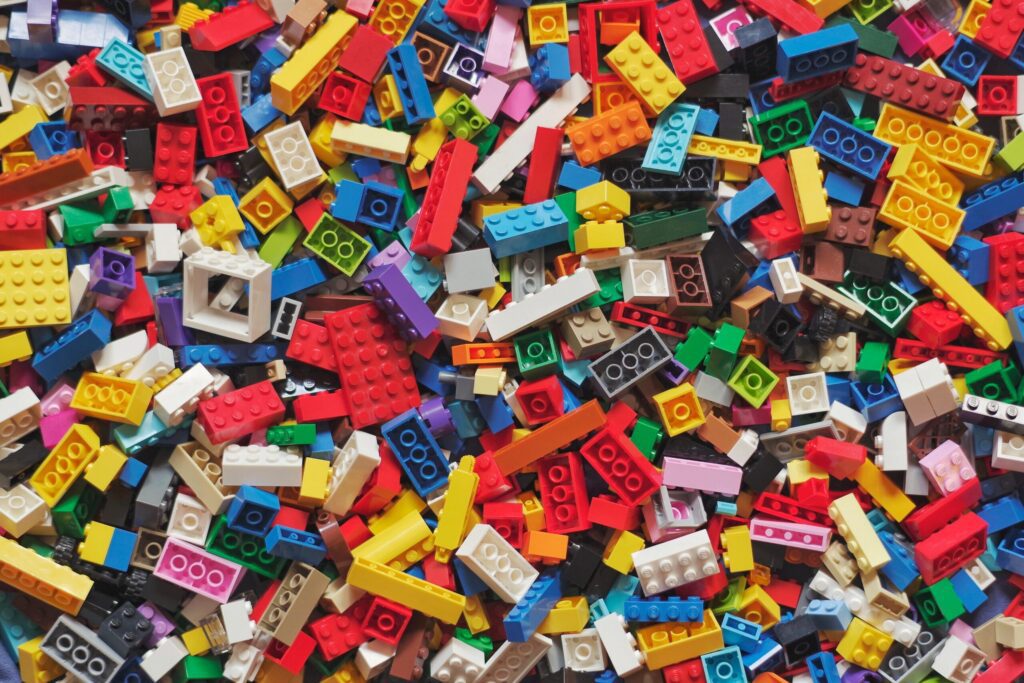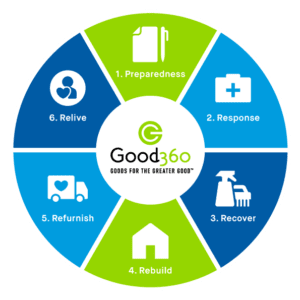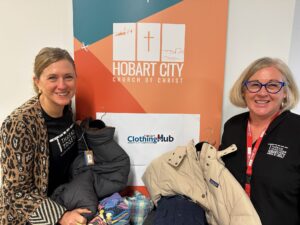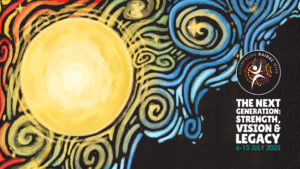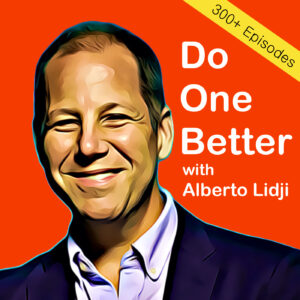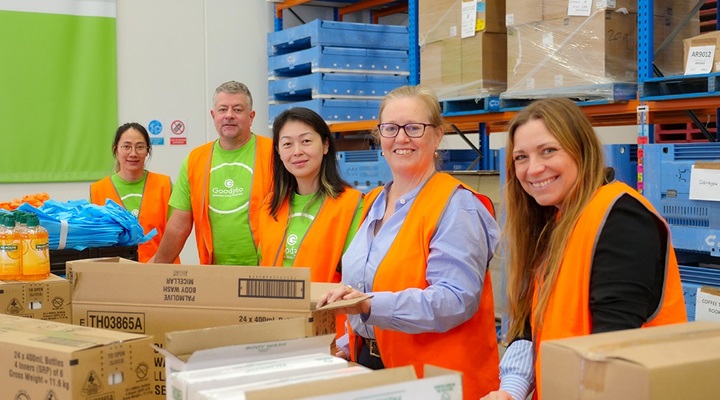
When it comes to disaster response, Good360 advocates for an approach that gets the right goods to the right people at the right time.
We know that this is not an easy thing to do in every disaster. In fact, research from Good360 USA, who have been leading the way in disaster recovery for 35 years, shows that up to 60 percent of all product donations are thrown away or not used as intended because they’re not the right goods at the right time. Preventing this kind of waste was one of the driving forces behind the launch of Good360’s Resilient Response initiative.
Historically, emergency managers have looked at disasters through a life-cycle framework with
four distinct phases: mitigation, preparedness, response and recovery.
This useful framework offers emergency officials a simple way to categorise their work accordingly, from prevention efforts through the long-term recovery process.
As we look at what donors need to do to maximise the impact of their aid, we found that we
could not only leverage the traditional framework, but also take it a step further. In order to more completely encompass activities and best practices related specifically to in-kind giving during disasters — Good360’s core area of focus — we have introduced a revised disaster giving framework.
Our additional guidelines offer an expanded view of the needs of impacted communities,
especially as they relate to getting the right product donations to the right
people at the right time.
“The lifecycle of a disaster is a marathon, not a sprint.”
Here is the Good360 framework for giving funds, goods and time during disasters. The lifecycle of a disaster is a marathon, not a sprint and we have divided it into six stages so businesses and everyday Australians can play a role to assist sustainably and not all rush out to help in the response stage which is the natural reaction, but is also often the most problematic.
Six stages of disaster recovery
1. Preparedness
Being properly prepared helps mitigate the impact of a disaster on communities. In this phase,
products such as hygiene kits, shelter kits, water, soap, emotional care items, bedding, and clean-up supplies are important to have on hand and well stored.Organisations should also consider pre-positioning these items in strategic locations away from disaster-prone areas.
HOW TO HELP:
Good360 supports pre-positioning programs to make disaster response timelier and more efficient. We seek partners to donate these essential items, funds to support the effort and volunteers to pack kits to ensure we have these kits readily available to distribute to organisations prior to disaster actually occurring.
2. Response
During a disaster and in the immediate aftermath, the greatest concern is for the protection of life and property. In terms of product donations, this phase mainly involves helping first-responders create a safe and comfortable place for survivors to shelter in. Critically needed items at this stage include
soap, hair care, nappies, wipes, hand sanitiser, socks, undergarments, dry baby formula, colouring books and crayons, flashlights, earplugs, and small blankets.
HOW TO HELP:
Product partners should identify if they can donate goods immediately when a disaster hits, do they have a plan in place and how they can work quickly with Good360 to deploy goods. Donate funds and time to Good360 and first responder organisations on the front line working in communities devastated by the disaster.
3. Recover
In this phase, survivors are occupied with cleaning up the debris and fixing the damage brought on by the disaster. Needed items for this stage include products that make mucking and gutting, mold remediation and general cleanup easier and safer, such as personal protective equipment (PPE). Useful items include buckets, bleach-based cleaners, shovels, industrial mops, cleaning cloths, respirator masks, protective eyewear, gloves, Tyvek suits/protective clothing, tarps and
boots.
HOW TO HELP:
In the clean-up and safety stage we are often calling on new and different partners to assist. It is handy to know when and how you can help and be ready to assist. Product partners can donate goods to Good360 that will be matched with the thousands of Not for Profits in our network, donate funds to support coordination and distribution and volunteer their time with organisations who need help on the ground.
4. Rebuild
As survivors move beyond the cleanup and recover phase, they are looking to rebuild homes,
businesses and other hard infrastructure. As such, all kinds of construction-related products are needed at this stage, including building materials, insulation, flooring, tools, timber sealant, paint and tiles. In this phase, Good360 collaborates with Not for Profit organisations, volunteer groups and corporate donors to not only source the necessary building materials but also bring in professionals who can put on a new roof, install insulation or redo the flooring.
HOW TO HELP:
Building and property suppliers will play an important role in donating goods and pro-bono / volunteer resources to rebuild homes and communities. A wonderful way to build great community spirit.
5. Refurnish
As displaced families move back into their dwellings, they often need to replace most or all of the household goods and furnishings that make a house a home. These items include various pieces of furniture, fixtures, appliances, bedding, mattresses, pillows, rugs and curtains.
HOW TO HELP:
Product partners can pledge the goods they would like to donate. This enables Good360 to matchmake the needs of our hardworking Not for Profits and community organisations working to rebuild communities. As requests come in from communities, we will match them to our
generous donors.
6. Relive
In this phase, survivors are well into the long-term recovery process. But they may still need
items that help them get back to the comforts of everyday life, including school supplies, work and school clothes, toys, games, electronics and new shoes. With the expense, trauma and disruption that comes from dealing with a disaster, many families (especially from low-income backgrounds) may find it hard to buy these items for themselves. For instance, we recently partnered with BIG W to provide families with back to school supplies.
HOW TO HELP:
Donating goods, time and funds throughout the duration of the lifecycle of the disaster shows communities that you are standing by them and that you have not forgotten them after the initial response. We know that people often just want to get back to normalcy and living their lives. Providing donations of everyday normal items or life’s little luxuries can mean the world to families who are usually still doing it tough.
By looking at disasters through this lifecycle, our hope is that businesses and everyday
Australians will be able to better identify the phase or phases where they can make the most impact. Meanwhile, Not for Profit organisations can use it to determine how they can step in to help impacted communities get the goods that they need at every stage of a disaster.
Ultimately, our goal remains the same: to get the right goods to the right people at the right
time. With this tool, we hope to galvanise donors to respond more thoughtfully throughout the life cycle of a disaster.
Make a commitment with Good360 today to provide specific goods at the time when they
are most needed — we will ensure your items have maximum impact.
If you are interested in learning more about Good360’s Disaster Recovery work please contact
02 8594 3600
Please help us get brand new goods to Australians in need during this time of devastation and
loss of property, livelihood and life.
If you can please donate now

